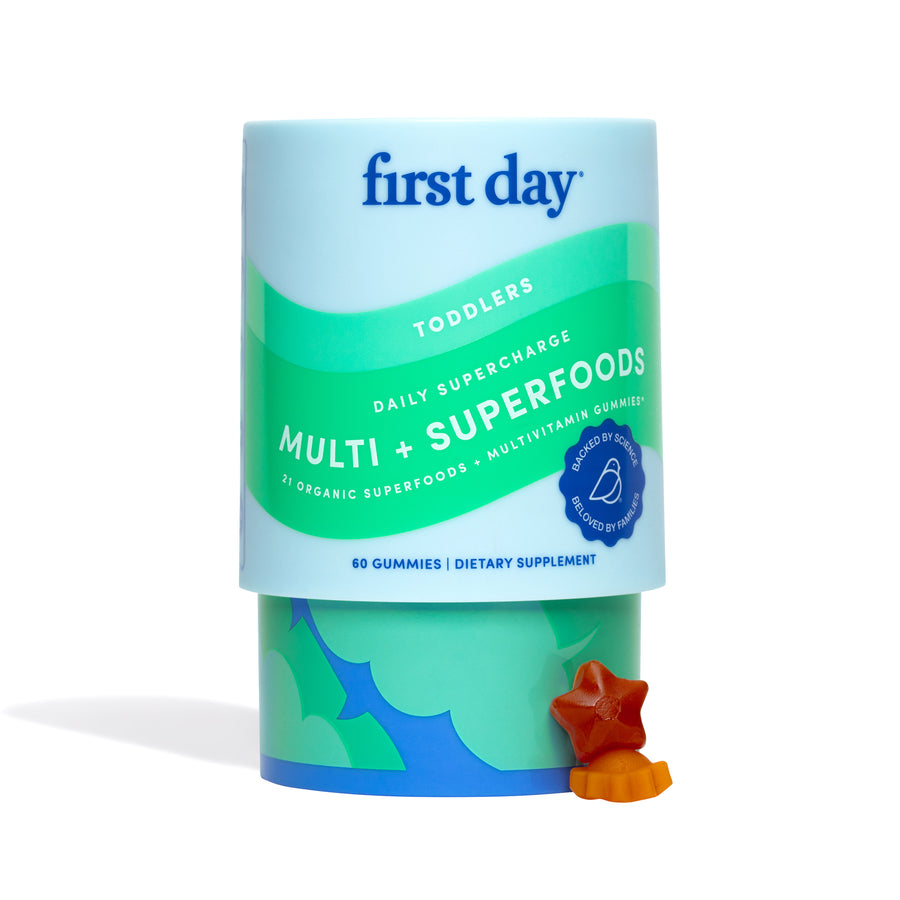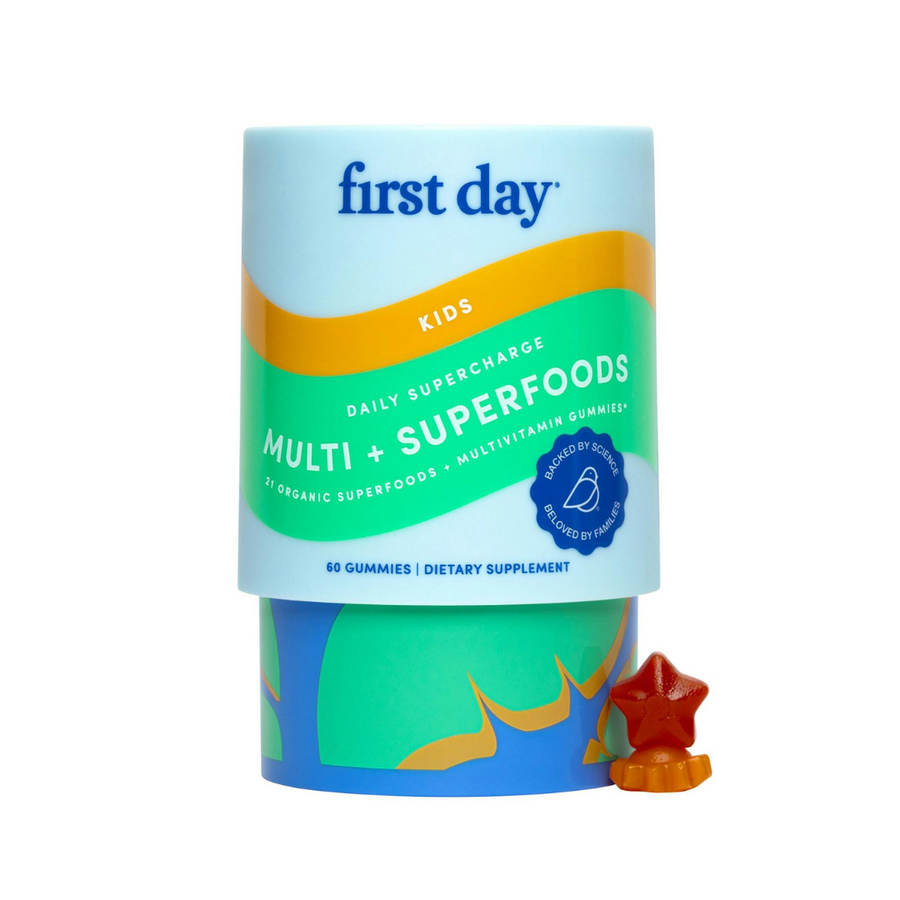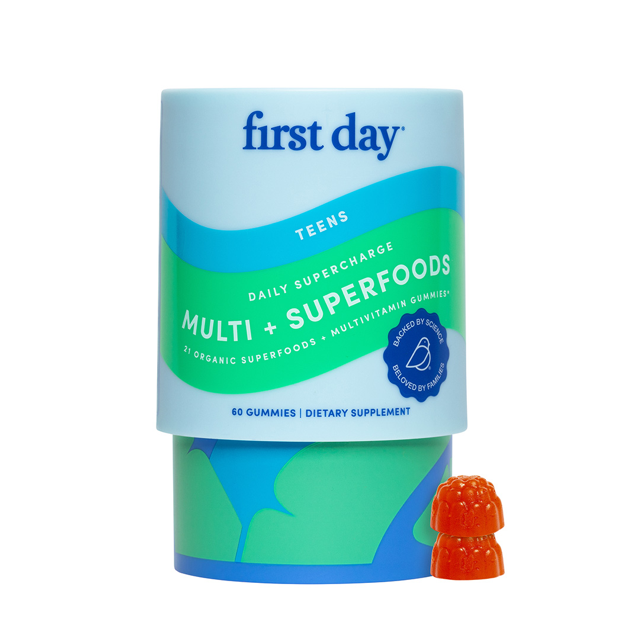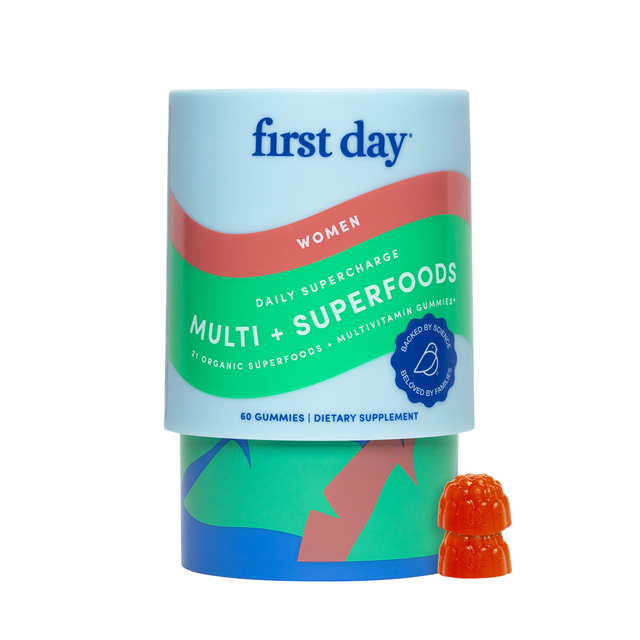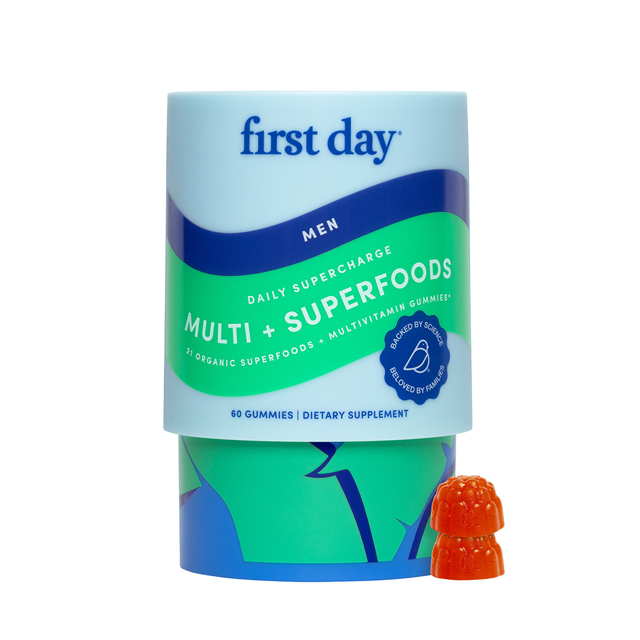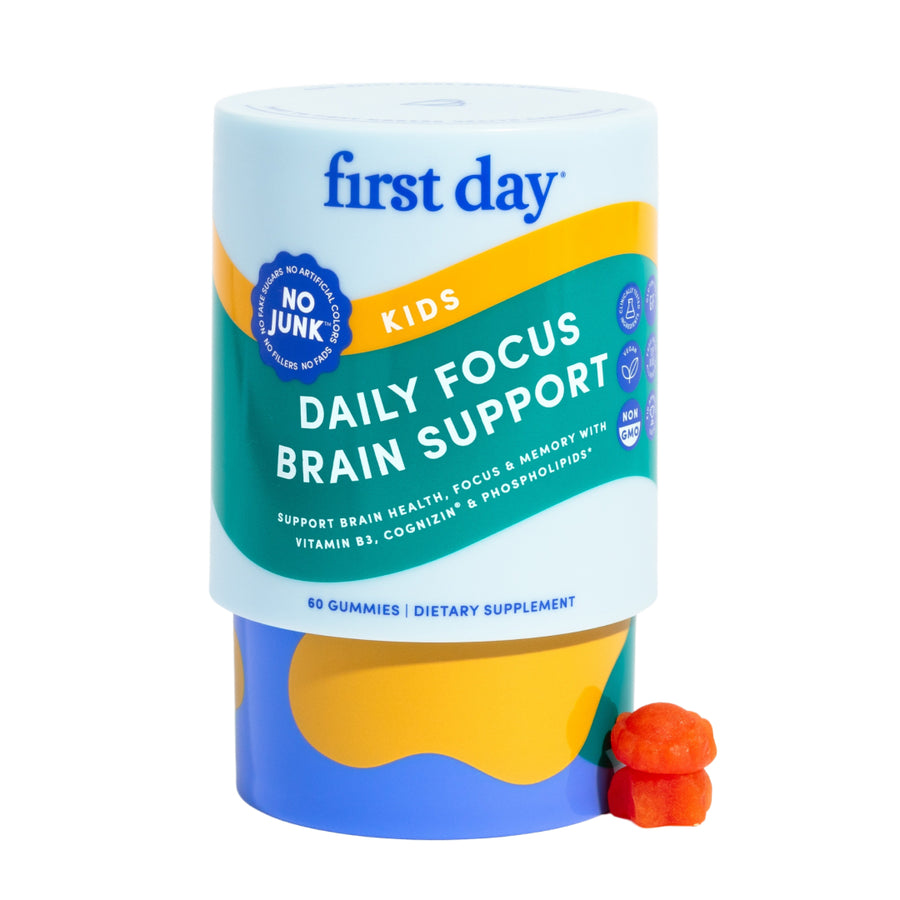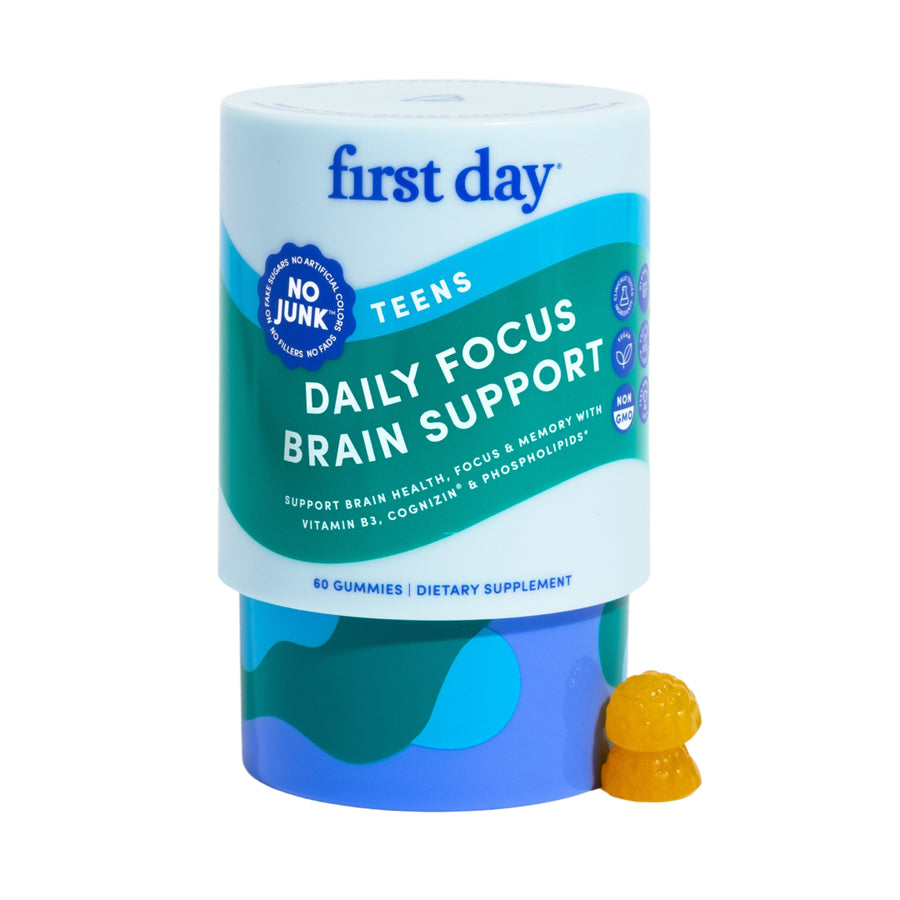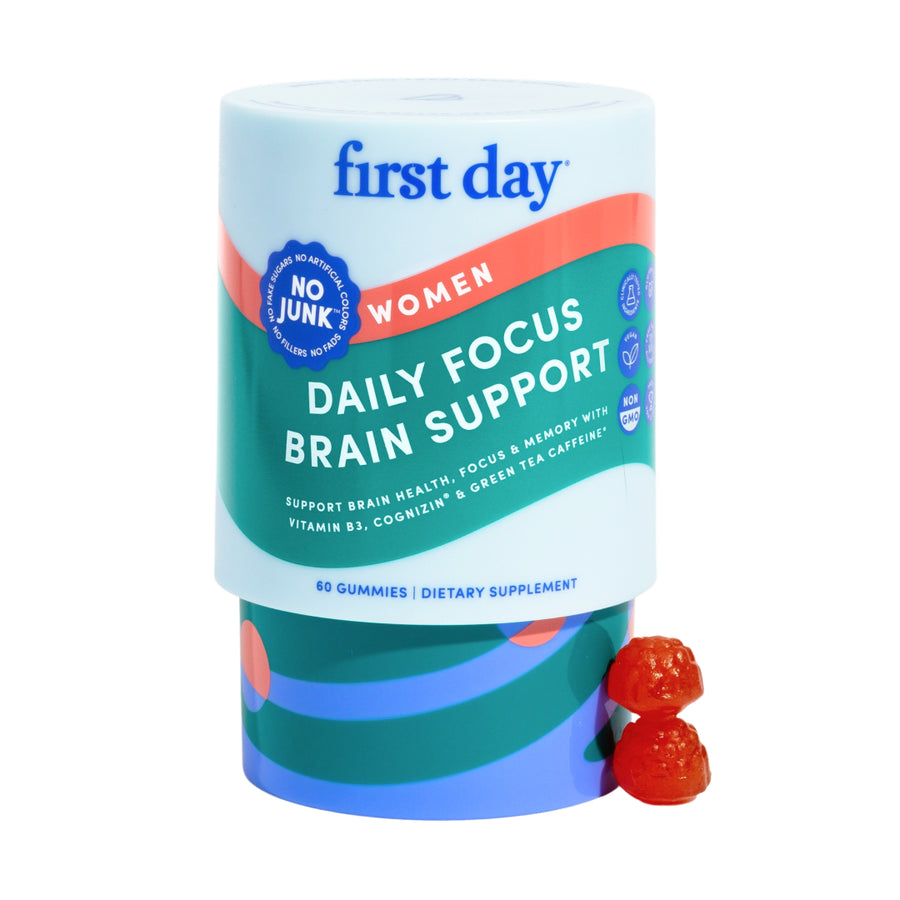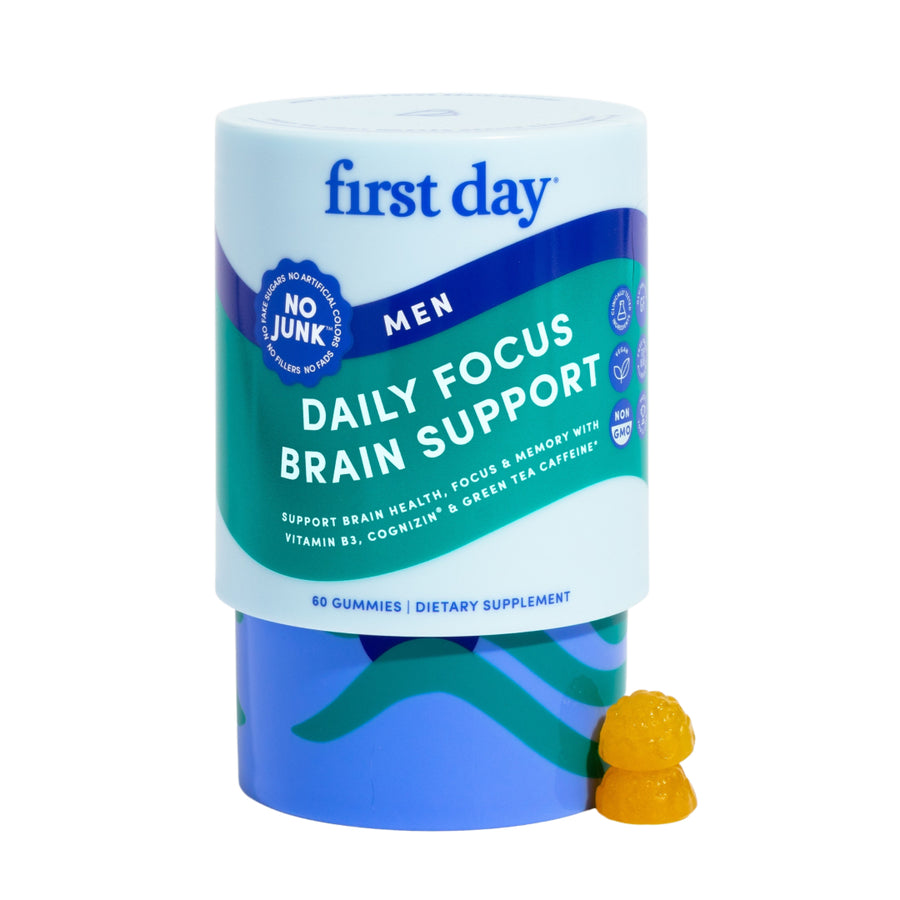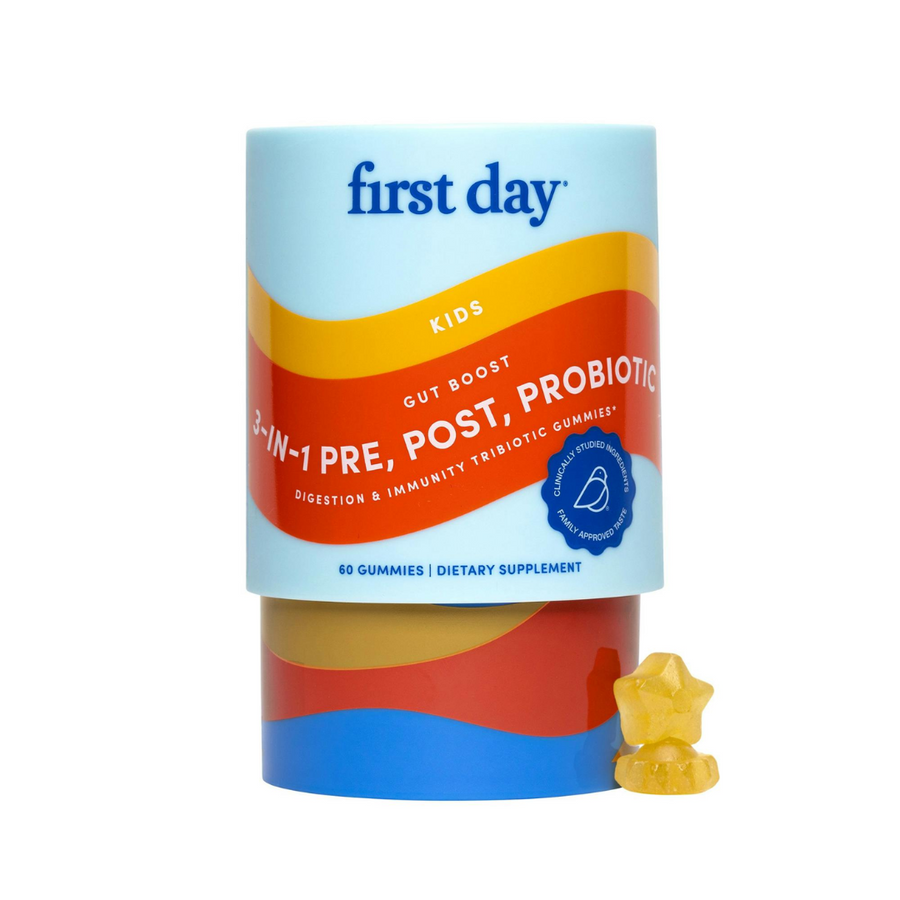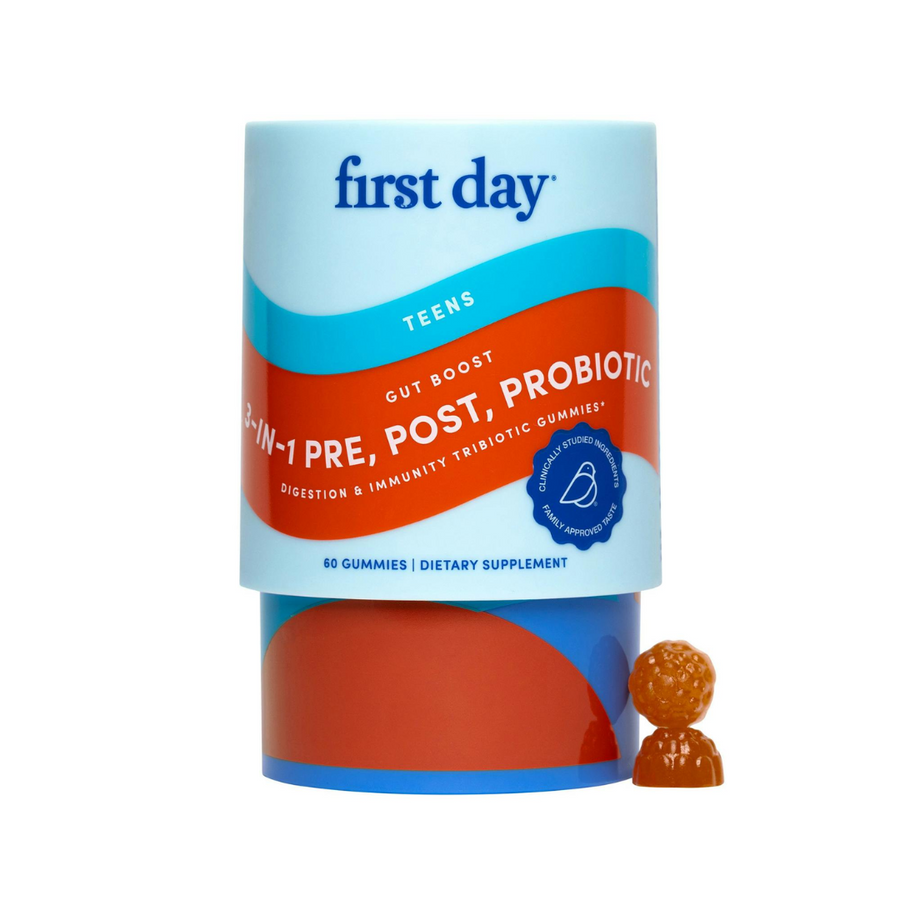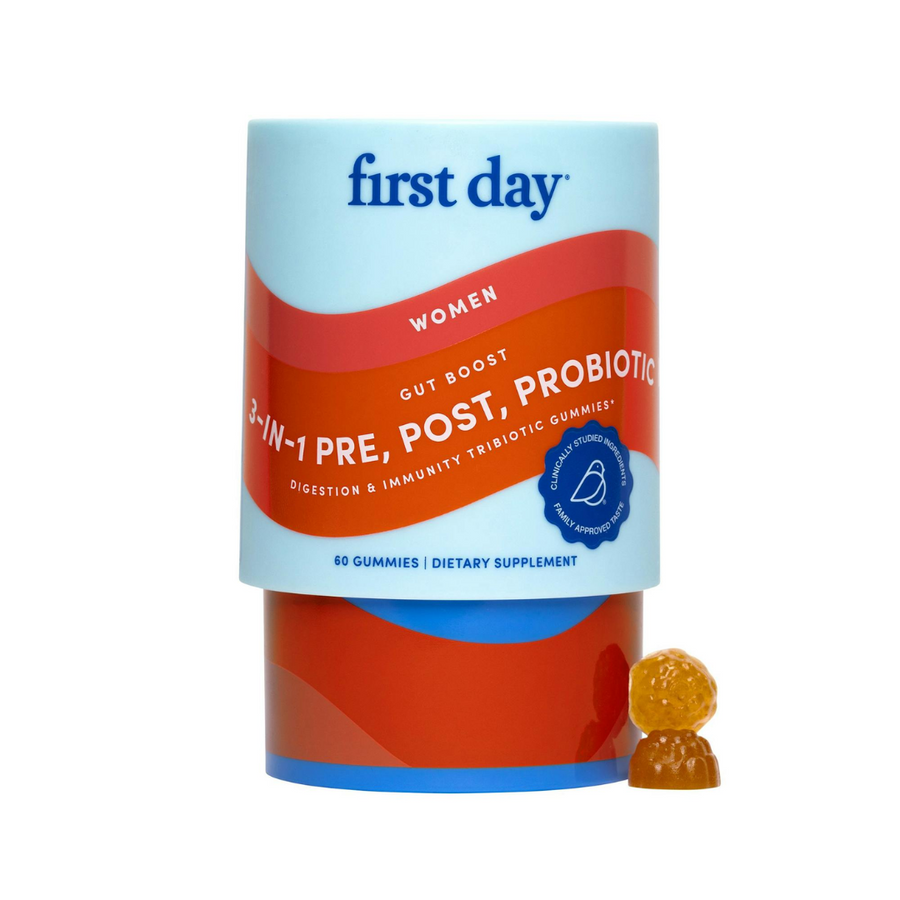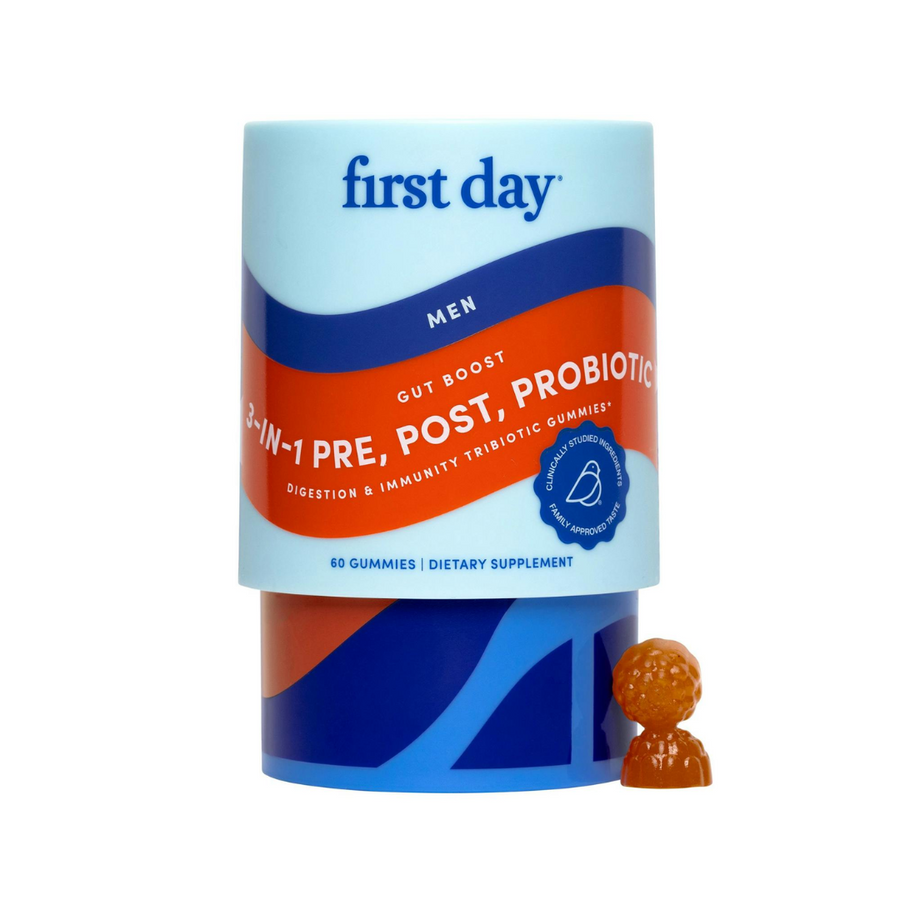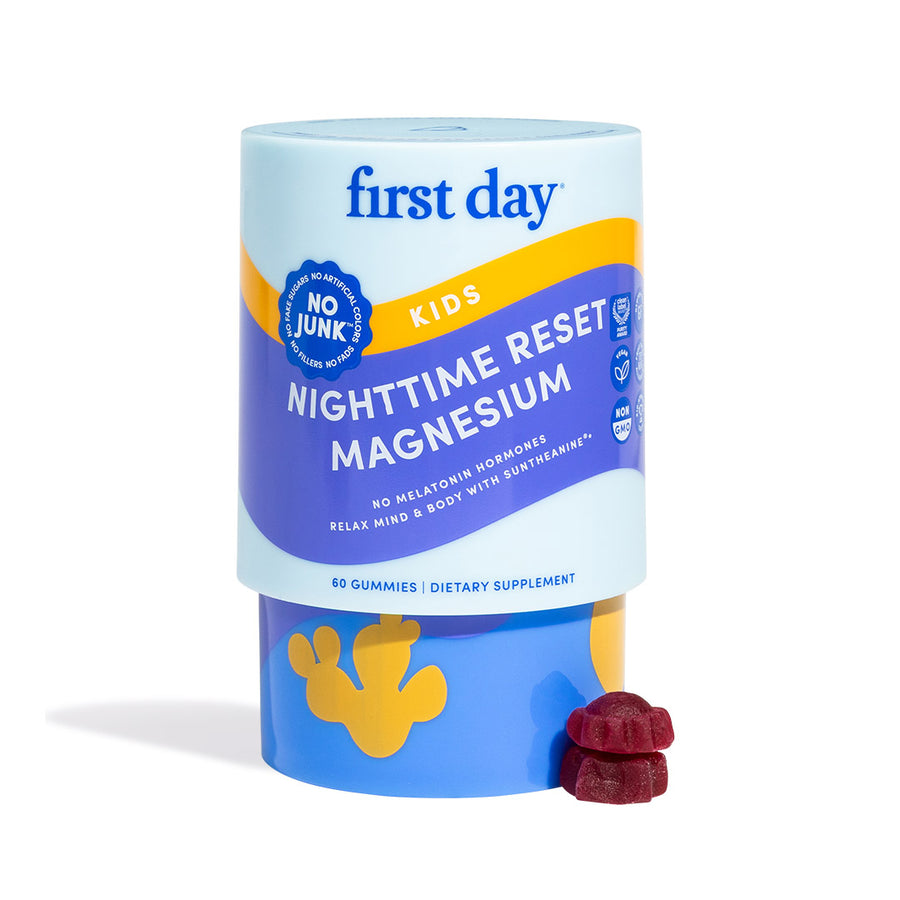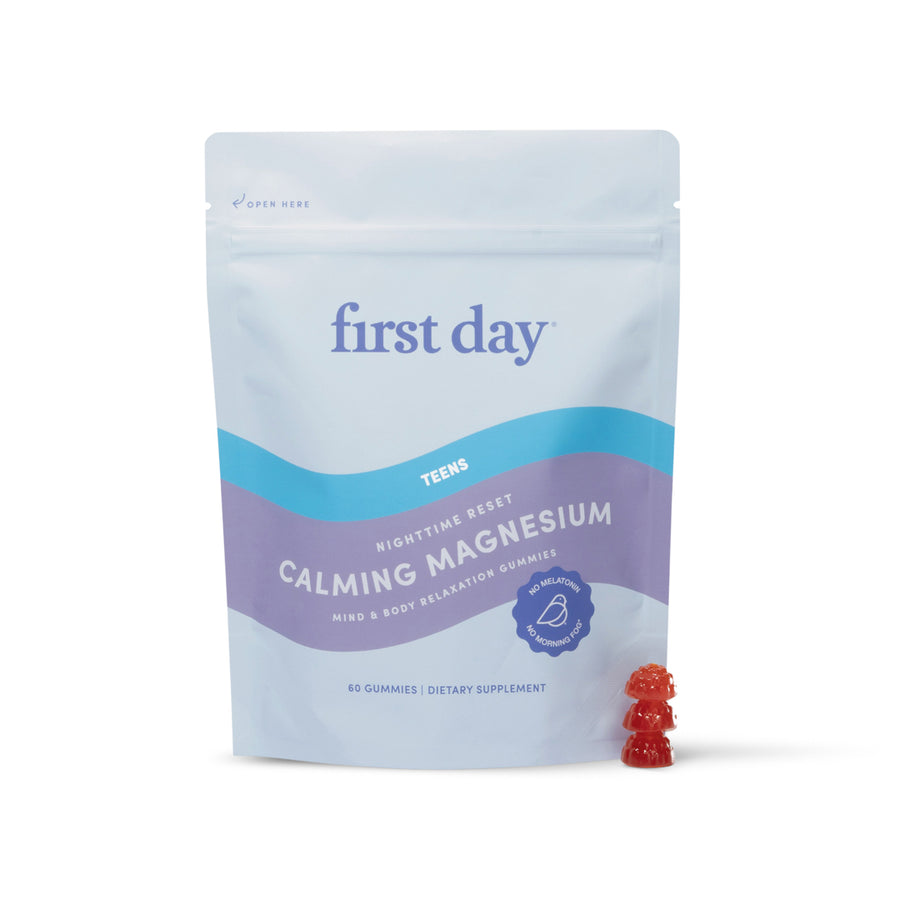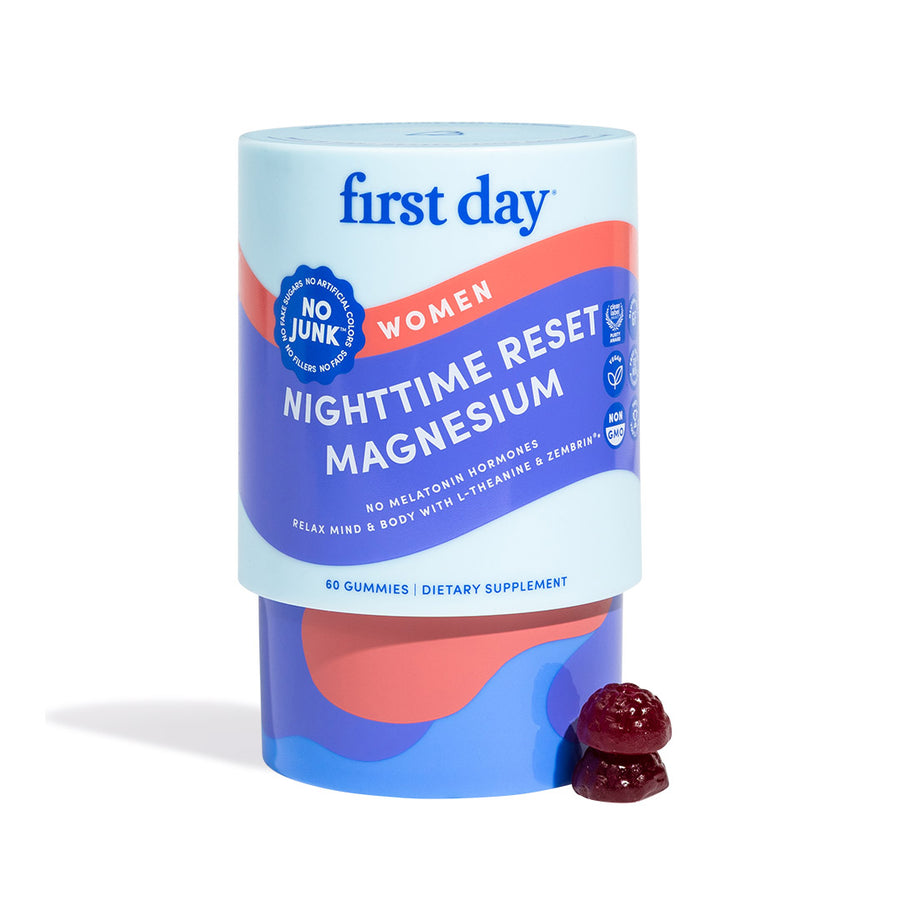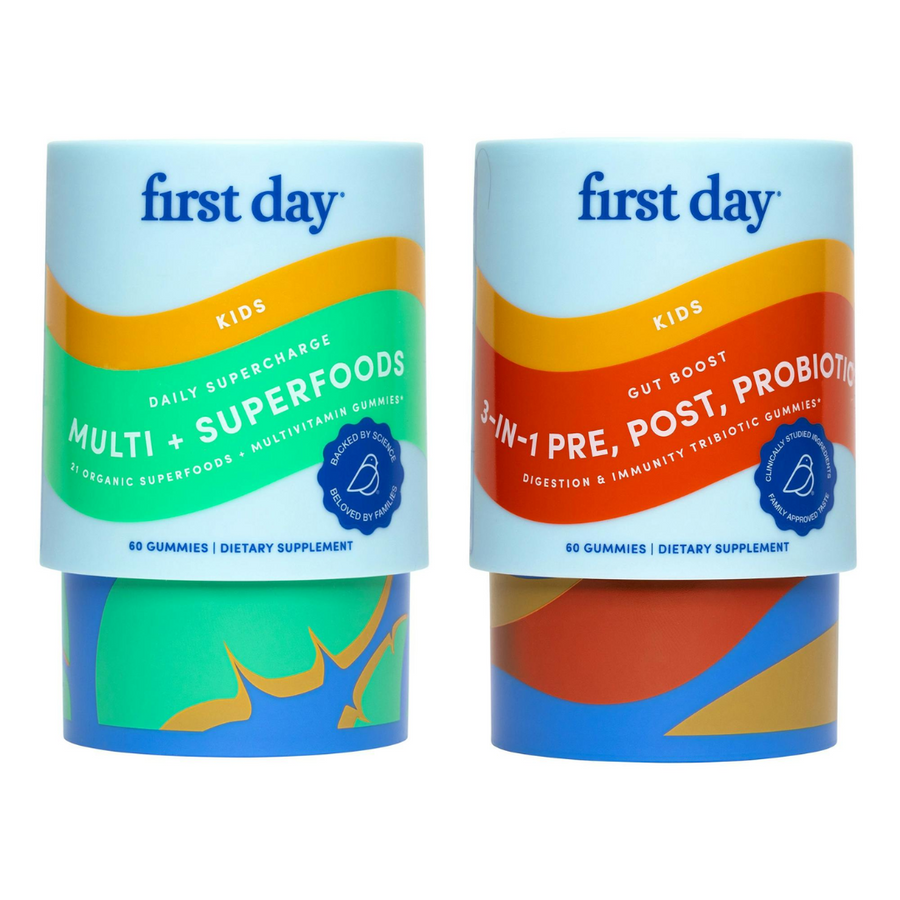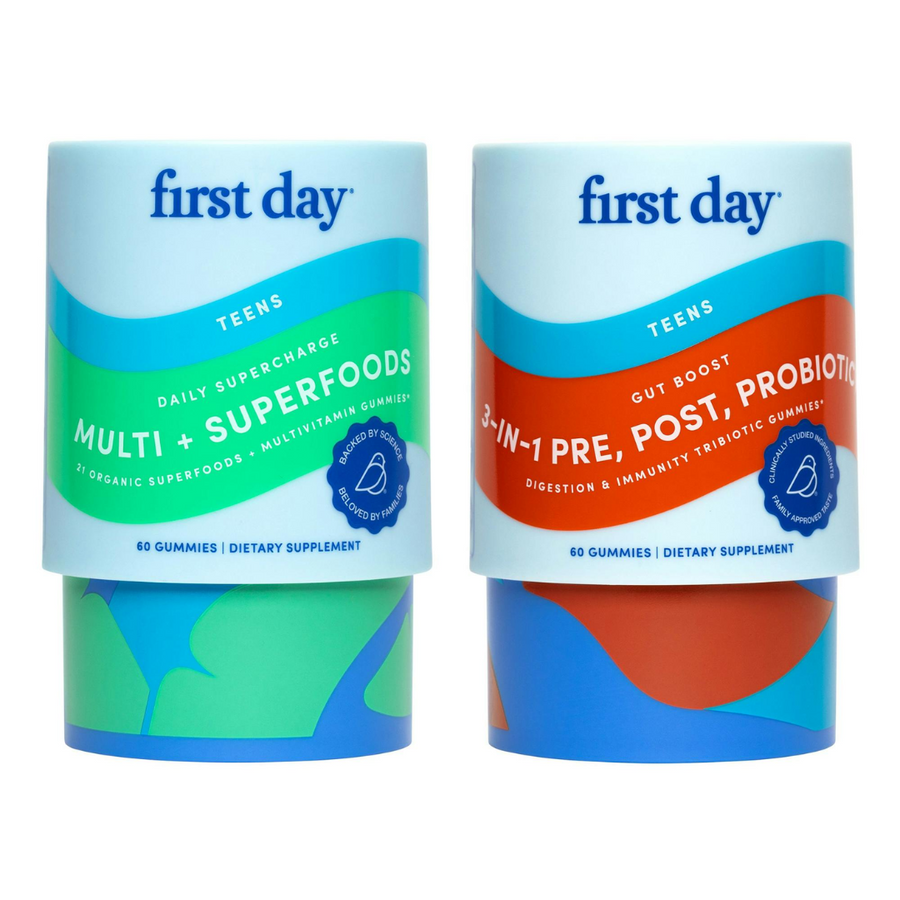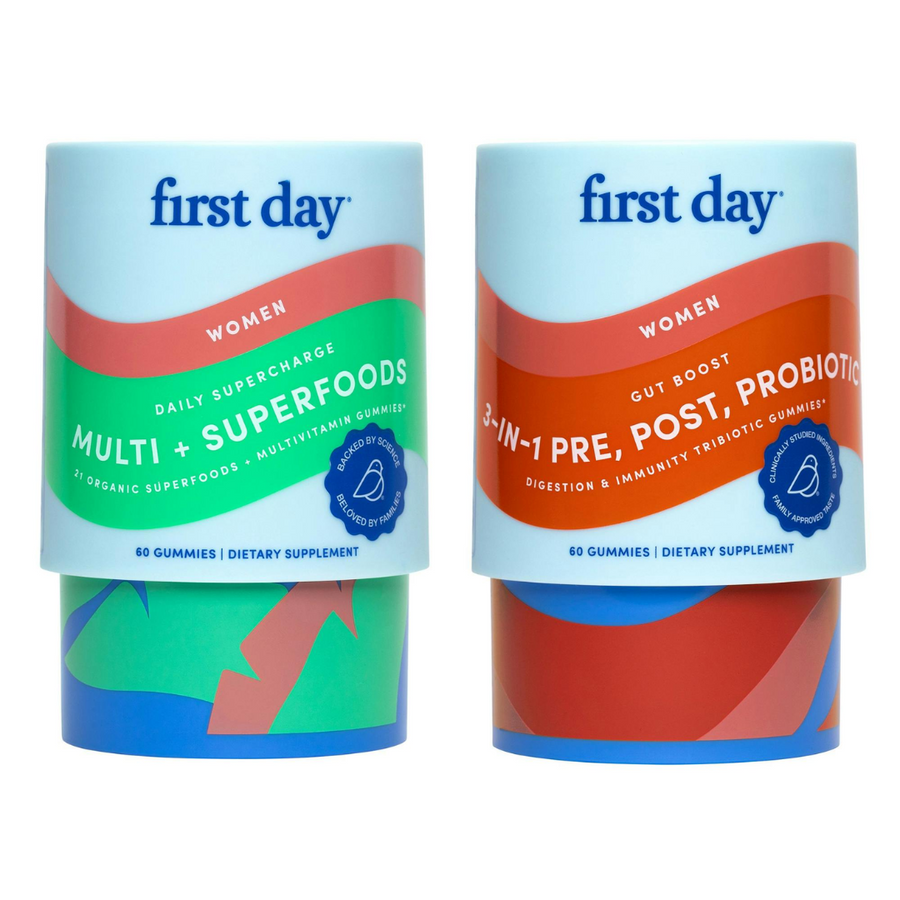Multivitamins are dietary supplements that are taken orally. They are intended to provide nutrients that may not be consumed in adequate amounts from the diet. But do multivitamins also benefit teens? And if so, which ones should they take?
This blog post explores the research on teen multivitamins use and guides how to choose a multivitamin for adolescents.

The Most Important Vitamins for Teens
Multivitamins are supplements that contain a mix of vitamins and minerals. They come in pill form and can be found at most drugstores or online. While they can't replace a healthy diet, they can help fill in the nutrient gaps if you're not getting enough food.
So, which vitamins and minerals are most important for teens?
-
Vitamin A
It is a fat-soluble vitamin essential for vision, bone growth, and cell division.
-
Vitamin B12
It is a water-soluble vitamin that helps form red blood cells and DNA.
-
Vitamin C
It is a water-soluble vitamin that helps with tissue repair, wound healing, and iron absorption.
-
Vitamin D
It is a fat-soluble vitamin that helps with calcium absorption and bone health.
-
Vitamin E
It is a fat-soluble vitamin that helps with cell signaling and inflammation response.
Consider taking a multivitamin if your kid isn't getting all of the essential vitamins from your diet alone. It can also contribute to better overall health for years to come.

When Do Teens Need Vitamin Supplements?
There is no denying that multivitamins offer young people a great range of benefits.
If your teen doesn't eat many fruits and vegetables every day, then taking a high-quality multivitamin might help improve their overall nutrition. Proper nutrition is essential for optimal brain function and energy levels, two things that can be especially challenging during the teenage years.
Some other reasons why teens might need multivitamins include:
1. Overcome The Nutrient Deficiencies
Deficiencies of some vitamins and minerals can lead to anemia, bone loss, fatigue, poor immunity, and other problems. By taking a multivitamin, you can help ensure that your teen gets the nutrients they need.
2. Improved Brain Function
Many vitamins and minerals found in a multivitamin are essential for brain function. For example, iron helps carry oxygen to the brain, while vitamin B12 is involved in the production of neurotransmitters. According to Naheed Ali, MD, PhD , taking multivitamins can help improve your teen’s concentration, memory, and other cognitive functions.
3. Enhanced Physical Performance
Another reason for taking multivitamins is to support physical growth. Teenagers often have fast-growing bodies, particularly during puberty. A lack of certain nutrients, such as zinc and vitamin D, could impact growth or cause other health problems.
Also, they can help improve physical performance by providing the body with the nutrients it needs to have energy and recover quickly.
For example, vitamin C is involved in the production of carnitine, a compound that helps transport fatty acids into cells for use as fuel. Similarly, iron plays an important role in red blood cell formation and oxygen delivery to muscles.
4. Better Overall Health
Dr. Ali said that taking multivitamins can help support your teen's overall health and well-being. By ensuring that they get all of the nutrients they need, you can help prevent nutritional deficiencies and reduce their risk of developing certain health conditions, such as heart disease, osteoporosis, and cognitive decline.
Overall, if your teen is feeling run down or isn't getting all of the vitamins and minerals they need from their diet alone, it'll be worth taking a multivitamin. With proper supplementation, you can help ensure that your teen stays healthy and vital well into adulthood.

Food-Based Nutrients Are Best, But Multis Are Acceptable
Most teens aren’t at risk for malnutrition. However, many studies have shown that the typical teen diet lacks essential minerals and vitamins, resulting in serious health issues such as anemia and a weakened immune system. Because of this, it is commonly recommended that teens take a daily multivitamin to make up for any nutritional gaps.
While many recommend multivitamins for teens, remember that food-based nutrients are always the best source of vitamins and minerals. If a multivitamin is out of your budget, try to find a food-based alternative instead, such as buying organic fruits or vegetables to ensure they’re free from pesticides and other harmful chemicals.
There’s no need to take more than one multivitamin at a time, so choose one that offers all the nutrients you’re lacking. In general, most teens can meet their nutritional needs with a balanced diet without needing any vitamin supplements at all – though for those who eat poorly regularly, taking just one will help ensure proper nutrition.

How To Ensure Your Teenager Is Getting Enough Nutrients?
It’s common for most parents to overthink how their child is getting enough nutrients to stay healthy. You may feel confused about what foods your child should eat for them to be adequately nourished. However, there are ways that you can ensure that your child is getting the right amount of nutrients they need. Here are some tips on doing so:
1. Eat Nutritious Foods As A Family
The first thing you’ll want to do when ensuring that your child gets enough nutrients is by starting with an excellent example from all household members. While it can be tempting to rely on convenience foods or packaged snacks, it’s essential to focus on adding nutritious foods that your child can enjoy.
This means opting for fruits and vegetables, consuming healthy fats like olive oil and avocado, and incorporating protein-rich foods like legumes, chicken, fish, tofu, or dairy into your family meals.
2. Create A Meal Plan
Another way you can help ensure that your child is getting enough nutrients is by creating a meal plan ahead of time. Not only will this help reduce the stress of figuring out what to make at each mealtime, but it also ensures that you always have nutritious foods on hand when hunger strikes.
Additionally, having a pre-planned grocery list can help cut back on impulse purchases or grabbing the wrong ingredients when you’re in a rush.
3. Get Creative With Snacks
Finally, keep in mind that it’s essential to think outside of the box when it comes to snacks for your child as well. If your child is a picky eater, consider creating healthy snacks with fruits and vegetables or making a smoothie using dairy or protein-rich ingredients like Greek yogurt or nut butter.
You can also get creative by hiding nutritious foods within other dishes they may enjoy, such as adding carrots into mac and cheese or sneaking beans into brownies. By incorporating these tips, you can help ensure that your child gets all of the nutrients to stay happy and healthy.
Remember, if they don’t get the right amount of vitamins, minerals, and other essential nutrients, they may not be able to reach their full growth potential.
These problems can last into adulthood if vitamin deficiencies go untreated or undiagnosed. So many experts recommend that kids take a multivitamin daily for healthy development.
Remember The RDA Guidelines For Intake
When it comes to vitamins, more is not always better. The Recommended Dietary Allowance (RDA) guidelines are in place. Taking more than the recommended amount of any vitamin can lead to toxicity and other issues in teen girls and boys. This is especially true for fat-soluble vitamins like vitamin A, which can build up in the body and cause problems if taken in excess.
Multivitamins are designed to provide the nutrients that people might not be getting from their diet. However, they are not a substitute for a healthy diet. Eating various fruits, vegetables, whole grains, lean proteins, and healthy fats is still the best way to get all the nutrients you need.
That being said, some groups may benefit from taking a multivitamin. Teens, for example, come into their adolescence with particular nutritional needs that they might not be getting enough of in their diet. If your teenager is suffering from fatigue or other symptoms of a lack of vitamins and minerals, a multivitamin could help.
Therefore, stay vigilant and remember the RDA guidelines for the intake of nutritional supplements from all sources, including multivitamins. Excess vitamin intake can lead to serious health problems, so it's important not to exceed the recommended amount.

How to Choose Multivitamins for Teens?
When it comes to choosing multivitamins for teens, it is essential to seek out specifically designed products for young people. Some multivitamins marketed to adults may be too strong for adolescents and can lead to health problems. It is also essential to select a product that includes the right nutrients for growing bodies.
1. Consider Your Child's Needs
The first step in choosing the right multivitamins for your teen is considering their specific needs. Teens require different amounts of vitamins and minerals than adults do, so it is crucial to find a supplement that is tailored to their age group. If your teen is involved in sports or other activities that require lots of physical activity, they may need more of certain nutrients than sedentary teens.
2. Check For Possible Allergies
When choosing multivitamins for your teen, it is also important to check the ingredients list for potential allergies. Some teens may be allergic to certain chemicals or ingredients used in dietary supplements. If your teen has any known allergies, avoid products that contain these substances.
3. Read The Label Carefully
When selecting a supplement for your teen, it is essential to read the label carefully. Pay close attention to the serving size and the recommended dosage. Some products may contain more of certain key nutrients than teen boys and girls need, while others may not provide enough. It is also essential to check the expiration date and storage instructions before purchasing any multivitamin supplements.
4. Talk To Your Child's Doctor
If you are unsure which supplements are right for your teen, it is always best to consult with a doctor or other healthcare provider. They can offer guidance and advice based on your child's specific needs and health history.

Which Multivitamins Are Best To Use?
There are so many different types of vitamins and supplements today that it can be hard to know which ones are best to use. First Day Teen Vitamins are designed especially for teenage girls and boys who want to stay healthy.
They contain essential vitamins, minerals, and nutrients that help support growth, energy levels, and overall health. These vitamins are made from natural ingredients and organic fruits and have been clinically proven to be effective at boosting immunity and improving overall wellness.
If you're looking for a high-quality multivitamin for your teenager, it is worth considering. You can feel confident knowing that your teen is getting the nutrition they need to thrive with regular use.
We Prevent Over-Supplementing And Ensure Bioavailability
Our multivitamins are specially formulated to prevent over-supplementation and ensure optimal absorption. Our gummy vitamins have a comprehensive formula that includes vitamins A, B6, B12, C, D, E, and folic acid for teenage boys and girls.
Our products are vegan and free of gluten, soy, and artificial flavors. So, if you are looking for a multivitamin that tastes great and is easy to take, try First Day Teen Vitamins today for your kids to maintain their energy throughout the day.
Dr. Naheed Ali, MD, PhD

Naheed Ali, MD, PhD, is a physician by education and a writer by choice since 2005. He earned an MD degree in 2008 and later completed Harvard Medical School's lifestyle medicine training in 2012, before obtaining a PhD in holistic health elsewhere in 2013. He brings more than 15 years of experience working in a remote environment and has more than 15 years of health-related publications to his credit.
For years, he taught at colleges in the US where he lectured on various biomedical topics and delivered over 2000 hours of live presentations. He is also the author of numerous health titles from major New York publishers and his books have sold more than 20,000 hardcover copies worldwide. Now a digital nomad, he’s currently a health and wellness writer for hire. His online home is HealthcarePropulsion.com.

